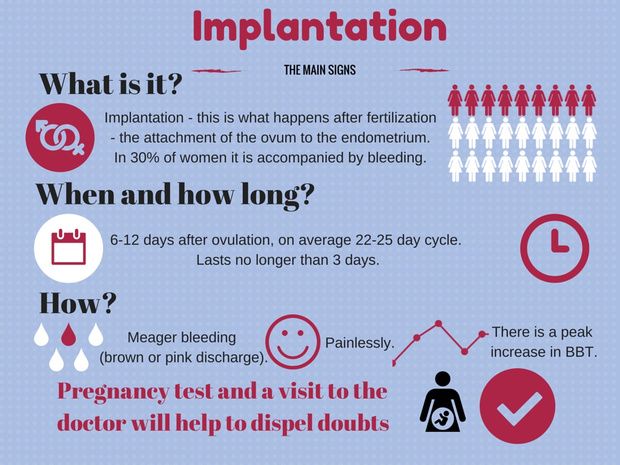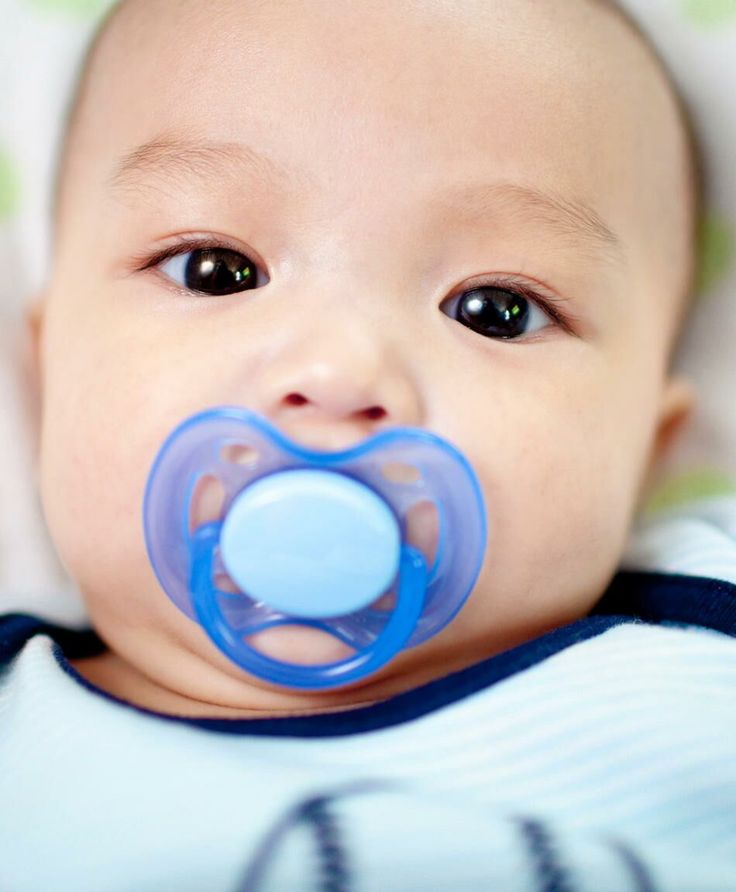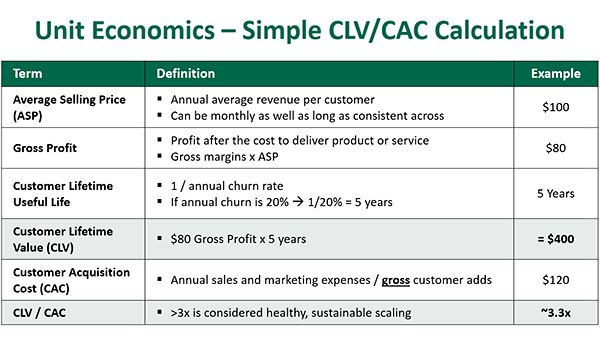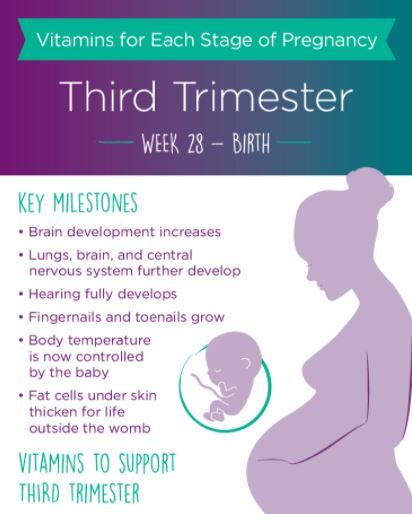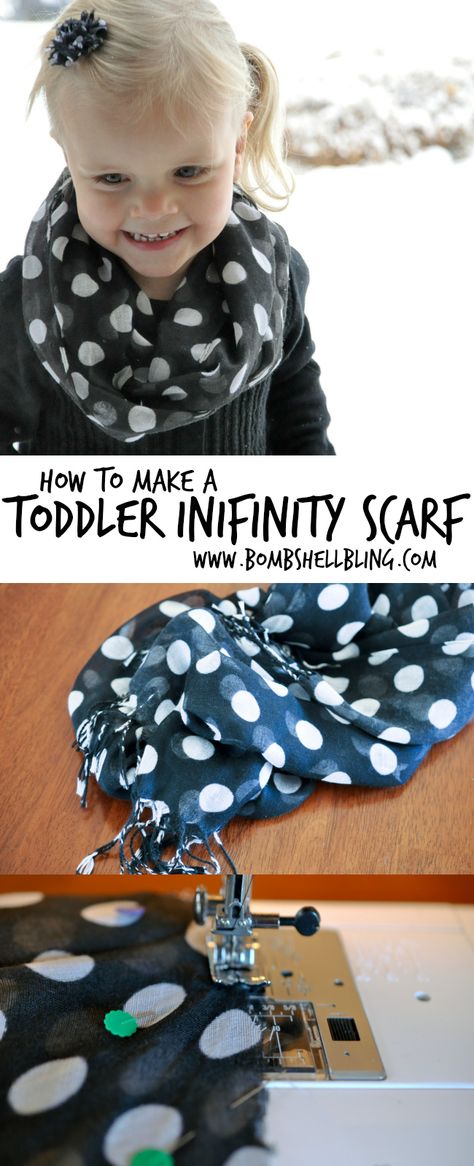How to help a child with impulsivity
Tips to Help Your Child Manage Impulsivity
If your ADHD child exhibits impulsive behavior, these tips will help reduce impulsivity.
Impulsive behavior often occurs in children with ADHD and other behavioral disorders. Impulsivity is related to acting on a whim or without thought. As a result, these children often do things like take unnecessary risks, blurt things out, don’t wait their turn and interrupt conversations.
In these cases impulsiveness may be caused by a brain-based imbalance, however there are methods that can help your child improve self control to minimize impulsivity. The following tips will help overly impulsive children better manage behavior and thereby improve social relationships.
Raise Your Child’s Awareness of ImpulsivenessSometimes just being aware of an issue can diffuse it. Whenever your child acts impulsively, bring her attention to it and help her to better understand why the behavior is a problem in that moment. If your child interrupts you, advise him that you haven’t finished your conversation and that it’s important that you do so for x reason and ask for patience. When correcting your child’s impulsive behavior, it’s important to do so in a calm and helpful manner so as not to affect self esteem negatively. Don’t make your child feel like he or she is the problem but rather the behavior is the issue and send the message that it can be corrected. However, keep in mind that in some cases kids won’t be able to control their impulsivity just by trying harder—so consult a professional if you continue to have concerns.
Provide your child with tools to combat impulsive behavior. For example if your child has a tendency to interrupt, ask him to place his hand on your arm when he has something to say and wait for you to acknowledge him before speaking. If your child is prone to aggressive behavior like hitting or kicking other children, encourage her to take the aggression out in other ways like by biting on a pillow or kicking at a ball or bush. This will satisfy their urge without causing problems or hurting other people.
This will satisfy their urge without causing problems or hurting other people.
Techniques like breath awareness and mindfulness meditation can help improve impulse control. Teach your child to take a few deep breaths when they feel their excitement or impulsivity building. Learning to pause can go a long way towards helping your child to reduce impulsive behaviors. Deep breaths can also help parents reduce their frustration that often arises in reaction to a child’s behavior. So in all cases, remember to breathe!
Praise PatienceAcknowledge when your child is being patient and reward him for positive behavior with praise or a special prize. Children who struggle with impulsivity want to behave and may be more likely to do so when they understand what the preferred behavior looks like.
If you suspect your child has impulsivity issues or has already been diagnosed with ADHD, contact us online or find a center near you to learn more about how the Brain Balance Program can help.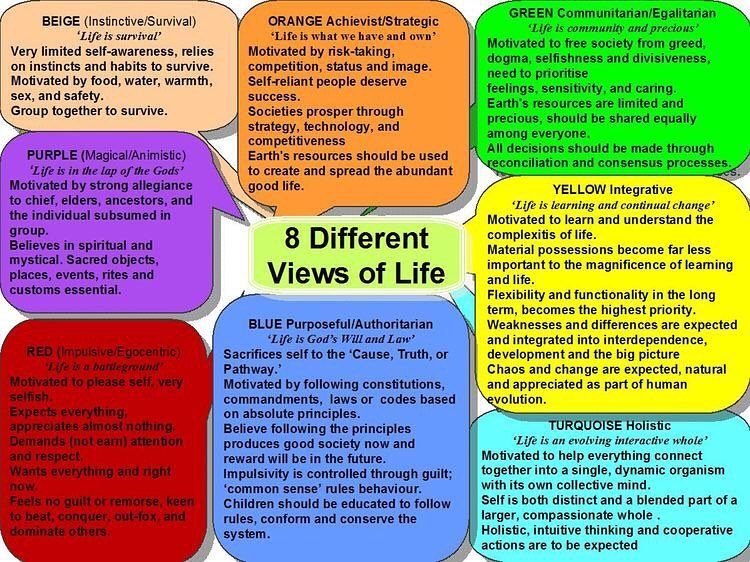
Contact us today to schedule an assessment. You can also view the research and results of the program on the website.
Enjoy These Related Articles
How to Discipline a Special Needs Child
Who We Can Help: ADHD
Is it Sensory Processing Disorder or ADHD?
Setting Rules for Your Child with ADHD
How You Can Help Your Child
Categories:
RN Remedies
We all get emotional and perhaps say and do things we regret. I don’t think I’ve met anyone who hasn’t. The reason I bring this up is because I recently read a sad story about a teenager with no prior history of violence, who let his emotions and aggression take over his body and thoughts. During a soccer game, the referee gave him a “yellow card” for pushing another player. He then punched the referee in the head and the referee died from complications of brain swelling. As a result, the teen is now charged with homicide. The teen and the families affected will never be the same. Could his aggression and impulsivity have been prevented and helped at home? This story is an example of extreme pediatric aggression and impulsiveness. Because I can’t imagine what either family is going through, I thought it would be good to speak with Caroly Pataki, MD, child and adolescent psychiatrist at Children’s Hospital Los Angeles, about how parents can help their child deal with situations they feel are unfair, losing their temper and become impulsive in their actions. Dr. Pataki summed up her thoughts about the incident by saying, “After this type of situation the best thing we (parents) can do is to teach our children to recognize angry feelings before they reach their breaking point, even if we don’t think that our child would ever do something like that.”
Could his aggression and impulsivity have been prevented and helped at home? This story is an example of extreme pediatric aggression and impulsiveness. Because I can’t imagine what either family is going through, I thought it would be good to speak with Caroly Pataki, MD, child and adolescent psychiatrist at Children’s Hospital Los Angeles, about how parents can help their child deal with situations they feel are unfair, losing their temper and become impulsive in their actions. Dr. Pataki summed up her thoughts about the incident by saying, “After this type of situation the best thing we (parents) can do is to teach our children to recognize angry feelings before they reach their breaking point, even if we don’t think that our child would ever do something like that.”
What Causes Children to Be Aggressive and Impulsive?
There are a few causes that get kids to act aggressively and do things without thinking. “Children are most likely to behave aggressively and impulsively when they feel provoked or if someone treated them unfairly,” shares Pataki. Aggression can range in severity and is often stirred up in competitive situations, like sports and events at school.
Aggression can range in severity and is often stirred up in competitive situations, like sports and events at school.
Pataki states that some children may be more susceptible to being provoked than others, including those with
- ADHD
- Severe depression
- Exposure to a traumatic event
- A history of misbehaving in an aggressive way
Help Your Child Manage Their Aggression and Impulsive Behavior
All children, particularly “at risk children” listed above, can benefit from discussing how they would deal with certain situations that make them angry or upset, with their parents. Dr. Pataki suggests preparing your child so that he or she is ready to cope constructively when feeling upset. She recommends something called a “cognitive behavioral approach,” which includes discussion and role-playing. Here are some ways you can help you child with these feelings:
- Talk about possible scenarios with your child and ask how he or she would handle the situations.
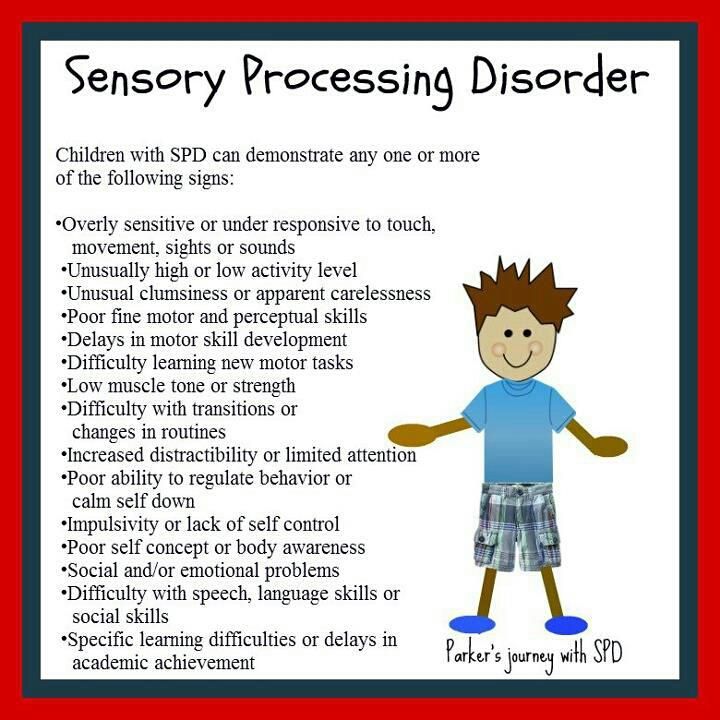 For example, a team coach can ask their players to share what they would each do if a referee made a “bad call” on the field or a player from the other team said something mean to them.
For example, a team coach can ask their players to share what they would each do if a referee made a “bad call” on the field or a player from the other team said something mean to them. - Encourage non aggressive responses in the role play situations which are not provocative.
- Provide your child with suggestions for coping, such as taking ten steps back, running around in a circle or counting to ten before returning to the situation.
Children are more likely to deal with situations positively if they are ready and have practiced responses at home. Pataki shared more role-play situations you can practice at home with your child. They can help your child deal with siblings and other kids at school.
- Ask your child what he or she would do if their sibling took away their favorite toy and wouldn’t give it back.
- Ask your child what he or she would do if one of their classmates poked fun at them at school.
- Ask your child if he or she would ever push or punch someone who made him or her angry.
 This can give you an idea of how they are thinking of dealing with unfair situations and provide an opportunity to encourage an appropriate response.
This can give you an idea of how they are thinking of dealing with unfair situations and provide an opportunity to encourage an appropriate response.
Some children who show extreme aggressive behavior may require treatment such as membership in an anger management group, cognitive behavioral therapy or medication to lessen aggressive and impulsive behavior. If you are concerned about your child, it’s important to speak with his or her pediatrician or a pediatric psychiatrist. They will decide on the type of treatment, whether it’s therapy, a specific school setting or a family intervention. It may prevent your children from harming themselves or someone in the future. I want to extend a special thank you to Dr. Pataki for helping me with this RN Remedies blog post. I certainly learned a lot from her expertise and I hope you did too.
Impulsivity. Raising a child from birth to 10 years
Impulsivity
It is impulsivity that brings children with ADHD to trouble. They are not able to think first, and then do something, they are not able to foresee the consequences of their actions. In the classroom and in communication, such children are characterized as impulsive. They always have stories and accidents because they act in the heat of the moment. The ball rolls into the street, and a six-year-old child rushes after the ball, although you have told him a hundred times that it is dangerous to run into the road. The child does not obey, does not show respect for you? No, that's not the point - he just acts on impulse. Perhaps he will even regret that he violated the rule "do not run out on the road." The impulse suddenly seizes the child, and he obeys him without thinking. nine0003
They are not able to think first, and then do something, they are not able to foresee the consequences of their actions. In the classroom and in communication, such children are characterized as impulsive. They always have stories and accidents because they act in the heat of the moment. The ball rolls into the street, and a six-year-old child rushes after the ball, although you have told him a hundred times that it is dangerous to run into the road. The child does not obey, does not show respect for you? No, that's not the point - he just acts on impulse. Perhaps he will even regret that he violated the rule "do not run out on the road." The impulse suddenly seizes the child, and he obeys him without thinking. nine0003
It is because of their impulsiveness that children with ADHD are undeservedly labeled “bad”, “stupid”. Because ADHD children do not show outward handicap, those suffering from this disorder are not pampered with offers of help or sympathy. Imagine a child with cerebral palsy wheeling into class in a wheelchair.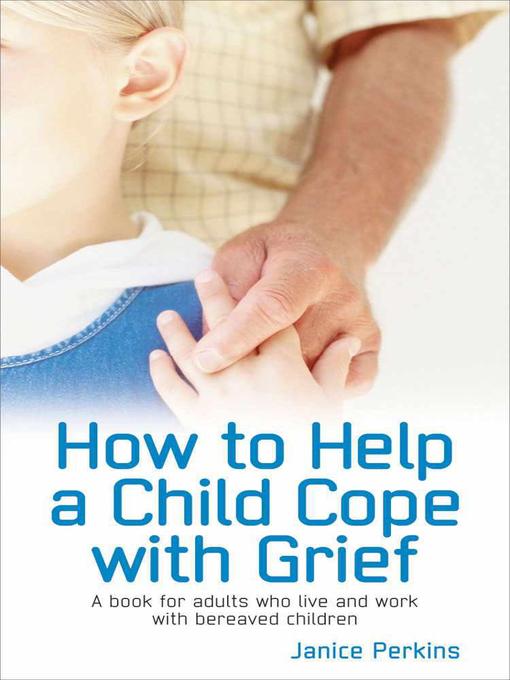 Children will help this child to get to his place. A blind child will also have designated helpers among classmates. A child with ADHD bursts into the classroom, bumps into tables, fidgets in a chair, and all the lessons in a row does nothing but irritatingly twirl a pencil in his hands and tap on the table. Such a child becomes a torment for classmates, and they shun him. By finding ways to help your child cope with his impulsive nature, you can reduce the burden of his behavioral problems and increase his self-esteem. Try the following guidelines when applying special parenting measures to an impulsive child. nine0003
Children will help this child to get to his place. A blind child will also have designated helpers among classmates. A child with ADHD bursts into the classroom, bumps into tables, fidgets in a chair, and all the lessons in a row does nothing but irritatingly twirl a pencil in his hands and tap on the table. Such a child becomes a torment for classmates, and they shun him. By finding ways to help your child cope with his impulsive nature, you can reduce the burden of his behavioral problems and increase his self-esteem. Try the following guidelines when applying special parenting measures to an impulsive child. nine0003
? Have your child do “think first, act later” exercises such as counting to five before acting. Encourage your child to think about the consequences of every action before it is done and to explain the consequences to you. Teach your child to imagine the other person's feelings and describe them to you. Instill in your child the habit of reminding himself of the need to manage impulsive behavior: let him memorize such “stop phrases”: “Count to five.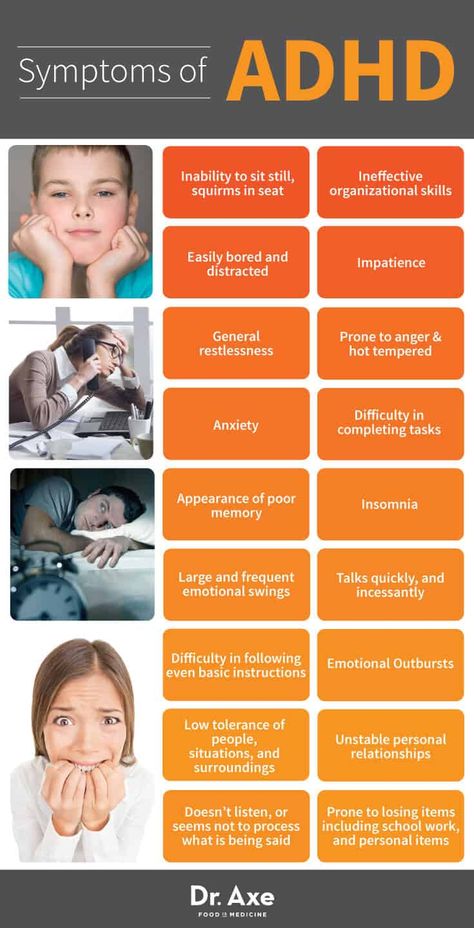 ” "Wait a minute." "Stop and think." Practice with him so that his usual situations of impulsive behavior turn on the internal reminder mechanism. nine0003
” "Wait a minute." "Stop and think." Practice with him so that his usual situations of impulsive behavior turn on the internal reminder mechanism. nine0003
? If the child is not in the mood, offer him a choice, taking into account that all options are acceptable to you and he will do the necessary anyway: “Which do you want to do first - brush your teeth or put on pajamas?” Through choice, the child can pause and think before rushing to do something; The choice brings up in the child the ability, which is extremely important for life - the ability to make a decision. The choice reconciles the child with the need to do homework: "Which do you want to do first - math or writing?" nine0003
? Impulsive children can also be aggressive, which is why they even get into trouble more often. Show your child an example of gentle treatment and teach him sensitivity. You can give your child a hardy pet to take care of - a dog or a pet rat.
? Don't hit the child. Children with ADHD are not known to respond to spanking as a behavioral intervention.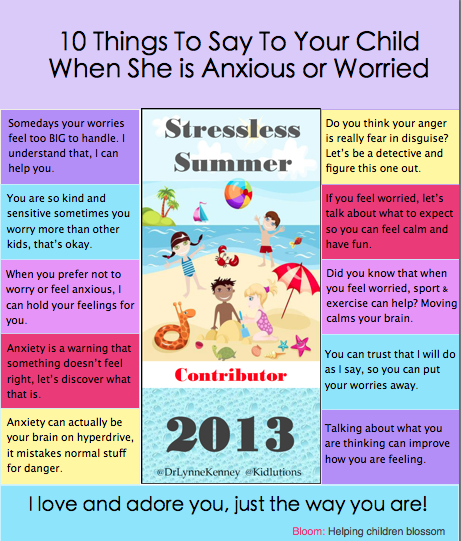 They are unable to connect the punishment with their actions and as a result only become embittered. nine0003
They are unable to connect the punishment with their actions and as a result only become embittered. nine0003
? With children in general, use the word “bad” as little as possible for educational purposes. As for kids with ADHD, you need to cut the labels out of your vocabulary. Instead of saying, "That's terrible," say, "They don't do that." And then the child will feel that he belongs to those whom he knows how to behave, and will not consider himself an incorrigible, "terrible" boy. Reduce any negative grammatical constructions to a minimum. Instead of saying, "Don't do this," say, "I'll help you remember how to do it." nine0003
? An impulsive child and an impulsive caregiver are not a good match. Your child needs time to direct his attention to something else, you need time to develop a plan for how to direct the child's behavior for the better - and not at all interfere and immediately stop his actions. Try the three card method: put three cards of different colors on the table and draw a face on each, so that the second is sadder than the first, and the third is sadder than the second.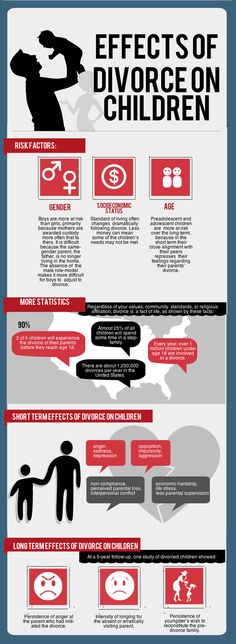 When the child's behavior becomes destructive, give him the first card. If he continues to behave in the same unsatisfactory way, he receives a second, more "sad" card, and then a third. By this time, either his actions have changed to constructive ones, or you have invented a better method of influence. nine0003
When the child's behavior becomes destructive, give him the first card. If he continues to behave in the same unsatisfactory way, he receives a second, more "sad" card, and then a third. By this time, either his actions have changed to constructive ones, or you have invented a better method of influence. nine0003
? Impulsive children find it difficult to stand in line or wait their turn. They tend to interfere in other people's conversations. While standing in line - at the cinema for tickets or at the box office in the supermarket - entertain the child with a word game or tell him a story. Over time, teach your child how he can keep himself busy - reading a comic book or a book, or a mental game (for example, he can look for words in his mind that begin with each letter of the alphabet). Enticing the child with games, teach him to wait for his turn. You may need to come up with something else to make it easier for the child to wait for his turn. nine0003
CHECK YOUR CHILD
Be prepared for your growing child to test the strength of the system of restrictions you have established: “Why do I always have to answer to you? I'm already big.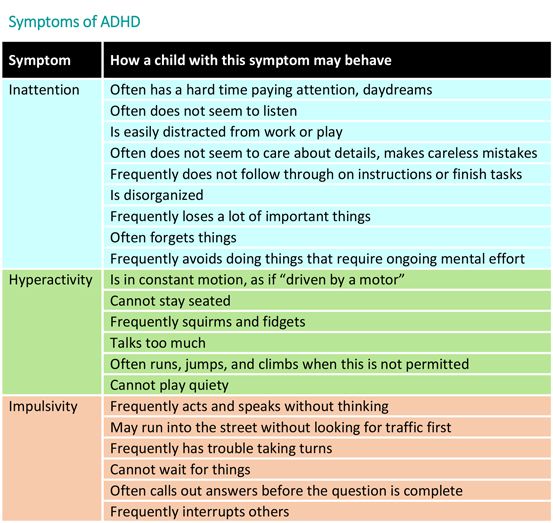 " By checking the whereabouts of the child, you accustom him to the idea that with the expansion of rights, responsibilities increase. In addition, well-behaved children always tell their parents where they are going. Checking is not behavior control. Help the children understand that parental responsibility includes knowing what the children are doing. Demand that the child tell you where he is going, with whom, what he will be doing and when he will return. Introduce this practice when the child is still in pre-adolescence, so that he will accept the test as a matter of course, otherwise, by the time he reaches adolescence, the child will think that you have him under control, and he will begin to struggle for independence. Explain to the child that mom and dad also know where each of them is. In families, everyone should know each other's whereabouts. nine0003
" By checking the whereabouts of the child, you accustom him to the idea that with the expansion of rights, responsibilities increase. In addition, well-behaved children always tell their parents where they are going. Checking is not behavior control. Help the children understand that parental responsibility includes knowing what the children are doing. Demand that the child tell you where he is going, with whom, what he will be doing and when he will return. Introduce this practice when the child is still in pre-adolescence, so that he will accept the test as a matter of course, otherwise, by the time he reaches adolescence, the child will think that you have him under control, and he will begin to struggle for independence. Explain to the child that mom and dad also know where each of them is. In families, everyone should know each other's whereabouts. nine0003
When raising a hyperactive child, you will think that you are pleasing him, and at times you will think that he is manipulating you.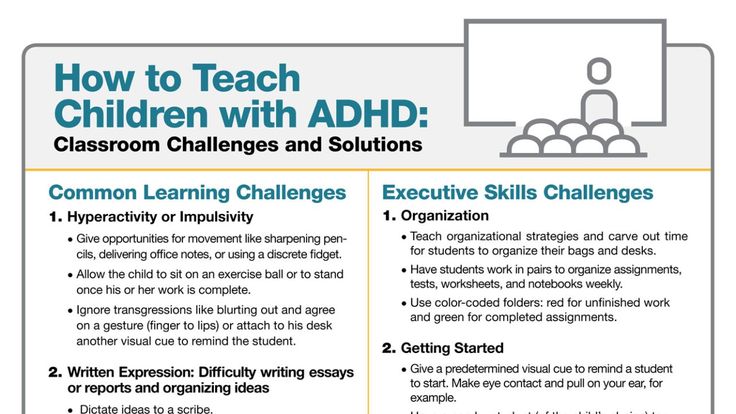 Look at these parenting techniques as a way to enjoy life with your special child, whom you are helping to adjust to life. Relationships with a hyperactive child teach you a valuable quality for mediators: meet the person where he is and skillfully lead him where you want to take him.
Look at these parenting techniques as a way to enjoy life with your special child, whom you are helping to adjust to life. Relationships with a hyperactive child teach you a valuable quality for mediators: meet the person where he is and skillfully lead him where you want to take him.
Three to seven years. Childish impulsivity
Three to seven years. Children's impulsivity At this age, children still have no idea about theft and its punishability, but they already know that things can be “their own” and “them”. What to do if you really want a “foreign” car or a bright multi-colored designer! Yes and no one
2.8. Impulsivity/Reflectivity
2.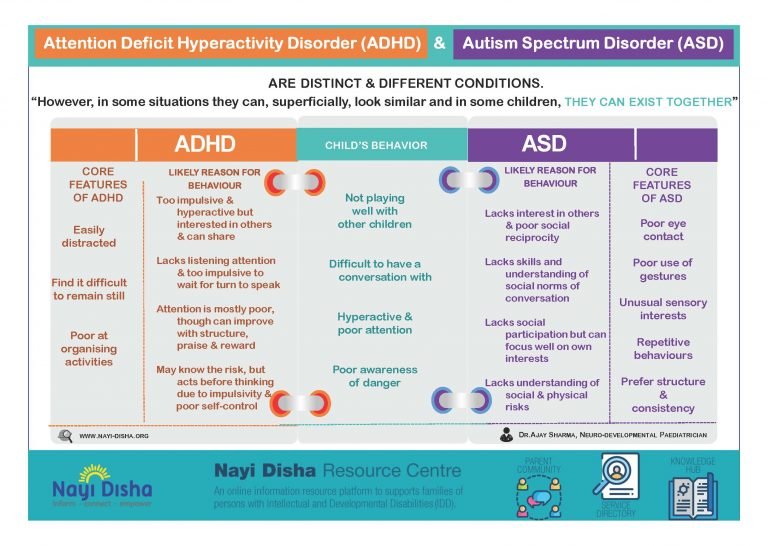 8. Impulsivity/Reflectivity This cognitive style, in accordance with the initial assumption of J. Kagan, characterizes individual differences in the tendency to make decisions quickly or slowly. This style property manifests itself most clearly in
8. Impulsivity/Reflectivity This cognitive style, in accordance with the initial assumption of J. Kagan, characterizes individual differences in the tendency to make decisions quickly or slowly. This style property manifests itself most clearly in
Impulsivity/Reflectivity
nine0002 Impulsivity/Reflectivity As noted in Chapter 1, J. Kagan initially identified this cognitive style in terms of the “cognitive pace” parameter (latent response time in a decision-making situation). However, in his method "Comparison of similar drawings" along withImpulsivity/Reflectivity
Impulsivity/Reflectivity Most authors agree that the difference between reflective and impulsive subjects lies in the nature of the construction of the image of the situation in terms of the volume and thoroughness of the analysis of information that is collected before the adoption of
How to help an impulsive child gain self-control
How often have you seen children act without thinking? There are probably enough.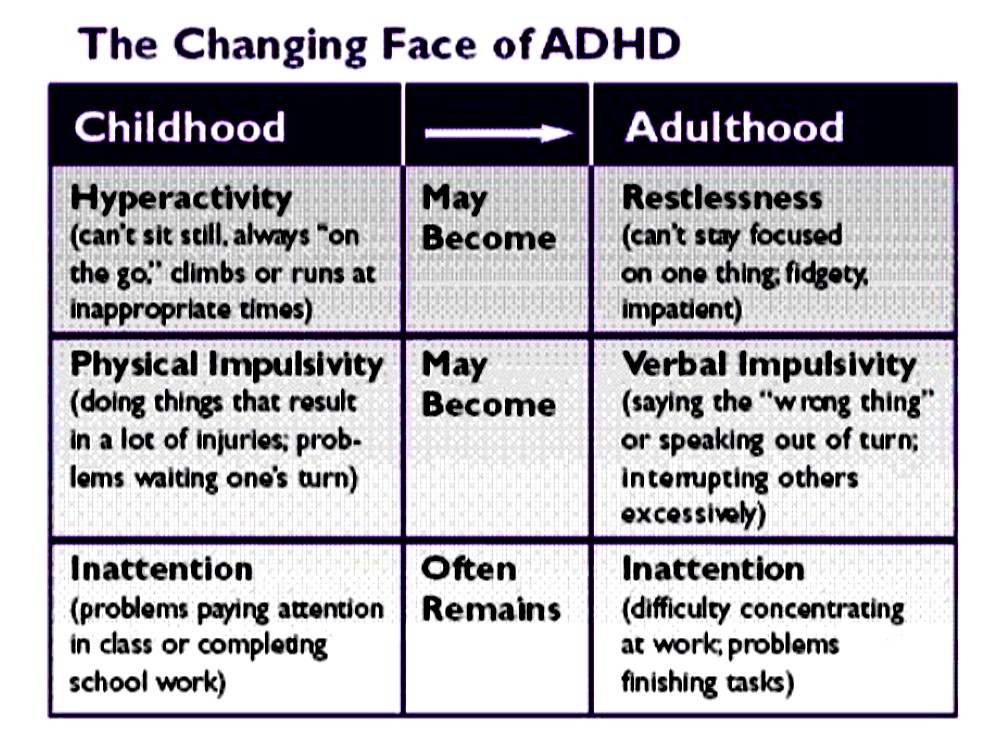 Most children occasionally act impulsively or say something before they can stop. They may blurt out something inappropriate or run out onto the road for the ball without looking around.
Most children occasionally act impulsively or say something before they can stop. They may blurt out something inappropriate or run out onto the road for the ball without looking around.
But what about children who seem to have no "mental brakes" at all? If your child often interrupts people, grabs other people's things without asking, and frequently puts himself at risk, you may be wondering why this is happening. Is it about immaturity? Inability to assess the situation? Or is there something else behind the impulsive behavior? nine0003
Learn about impulsivity and how you can help your child learn better self-control.
Impulsive behavior you can observe
What is impulsivity? The normal behavior of a child involves the manifestation of impulsivity from time to time. However, when this happens frequently, it is impossible to ignore the obvious: the child has self-control problems.
Impulsivity manifests itself differently in different children.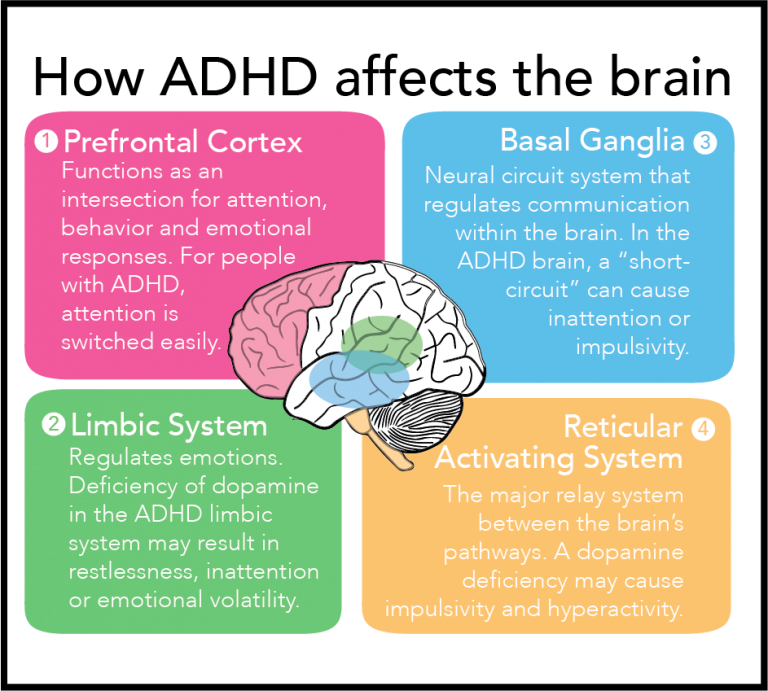 And behavior can change as the child grows. Being impulsive, the child may:
And behavior can change as the child grows. Being impulsive, the child may:
-
Acting stupid and inappropriate to get attention
-
Have difficulty following the rules consistently
-
Being aggressive towards other children (young children often fight, kick and bite)
-
Do not wait your turn in games and conversations
-
Grabbing other people's things or pushing in line
-
Overreacting to frustration, frustration, mistakes and criticism
-
Strive to be the last to speak in an argument and always be first in line
-
Not understanding how his words and behavior affect other people
-
Not understanding the consequences of one's actions
-
Take more risks in relationships, sex, driving, taking alcohol and drugs
Impulsive behavior can often make children appear younger.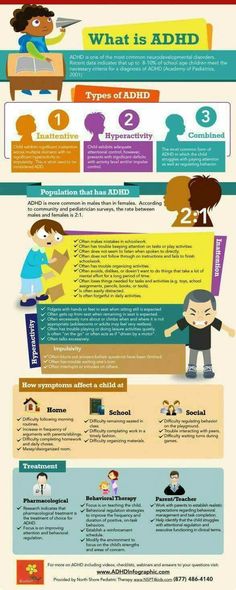 For example, an 8-year-old child may have self-control that is more likely to be expected from a 5-year-old child. Thus, you can observe behavior that, it would seem, should have stopped a long time ago.
For example, an 8-year-old child may have self-control that is more likely to be expected from a 5-year-old child. Thus, you can observe behavior that, it would seem, should have stopped a long time ago.
What can cause children to be impulsive
Children can be impulsive for many reasons. Sometimes it really is a matter of maturity. Not all children develop at the same rate, and some simply take longer than others to learn to think and control their actions. nine0003
Lack of sleep can be another cause of impulsive behavior, as well as stress and frustration. When something bad happens to a child at school or in everyday life, impulsive behavior can be a response to stress. Young children cannot always find words to describe how they feel, and they may not even know why they are tense or upset.
Some children may be impulsive due to one of the disorders. One of the most common causes of frequent impulsive behavior is ADHD.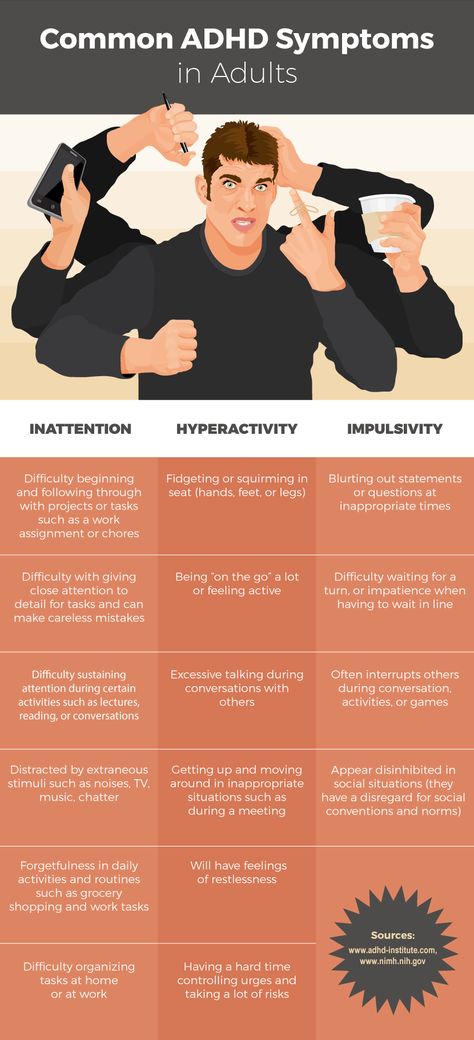 Many children and adults suffer from ADHD, and the disorder is often inherited. Therefore, you may see some of these behaviors in other close family members. nine0003
Many children and adults suffer from ADHD, and the disorder is often inherited. Therefore, you may see some of these behaviors in other close family members. nine0003
ADHD can make it difficult for a person to control strong feelings, such as anger. For example, when children with ADHD get angry, they may start kicking furniture or saying something mean instead of experiencing their anger in a more restrained way.
There are also mental disorders, such as phobias and affective disorders, that can lead to impulsive behavior in a child.
It is easy to guess what is behind a child's impulsive behavior. For example, if a child makes a rude remark, people may think that the remark was intentionally offensive. But in many cases, such as ADHD, children are not being rude or aggressive on purpose. However, they need more help and practice to learn to slow down and think before they act. nine0003
No matter what is causing your child's impulsiveness, there are ways to help them improve self-control and gain self-confidence. And with more control over their actions, children can feel more "mature", which will increase their self-esteem.
And with more control over their actions, children can feel more "mature", which will increase their self-esteem.
How to help your child deal with impulsivity
Even if you're not sure why your child is acting impulsively, you can still work on strengthening his skills at home. Explore strategies for:
-
Improvements in self-monitoring
-
Development of coping skills
-
How to react when your child is upset
If you suspect your child has ADHD, learn what to do next. If your child's behavior seems completely "out of control" and you're not sure why, find out what to do about it - see a child psychologist or behavioral specialist. nine0003
Struggling with impulsivity or any other behavior problem can affect the way a child perceives himself. Explain to your child that many people experience these problems, and that self-control can improve over time by working on themselves. Talk to your child about their strengths and don't forget to celebrate even small progress as your child works on gaining self-control.
Talk to your child about their strengths and don't forget to celebrate even small progress as your child works on gaining self-control.
What's next?
There are many ways to help your child. To start, start writing down your observations about how the child behaves at home. This way you can get a better idea of why your child may have difficulty with self-control.
For example, if you think that your child's impulsiveness is due to the fact that he is upset, try to monitor his behavior. In this way, you will be able to detect patterns in its behavior over time. nine0003
If you find a pattern that has been going on for a while, you might want to discuss it with someone. Your child's teacher or doctor can provide observations and help with helpful suggestions.
Modern neurological techniques such as Fast ForWord can also help you manage your child's impulsivity. Classes according to this technique not only correct impulsivity, but also develop concentration, memory, information processing, reduce hyperactivity - all these skills, as a rule, are urgently needed to develop children with ADD / ADHD.



